Renowned Speakers
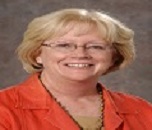
Dian Baker
Professor California State University USA

El Aoufy Khadija
University of Florence Italy
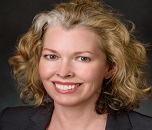
Julie M. Pullen
Montana State University USA
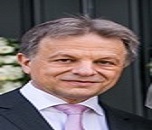
Vincent Maida
University of Toronto Canada

Helena P Felgueiras
University of Minho Portugal
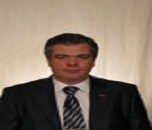
Vladimir Obolensky
Russian National Research Medical University Russia
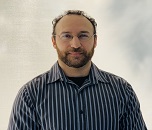
Hector Magno
UC Berkeley as a National Science Foundation USA
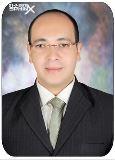
Ahmed Assem Abd El Rahim
Cairo University Egypt
Recommended Global Nursing Webinars & Conferences
Europe & UK
Asia Pacific & Middle East
Canada
Euro Nursing Education 2026
To Collaborate Scientific Professionals around the World
Conference Date June 12-13, 2026
For Sponsors & Exhibitors
Speaker Opportunity
Useful Links
Past Conference Report
Supported By
All accepted abstracts will be published in respective Conference Series International Journals.
Abstracts will be provided with Digital Object Identifier by






